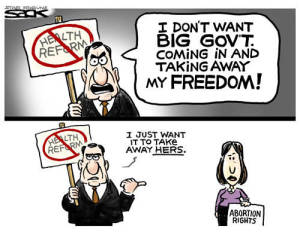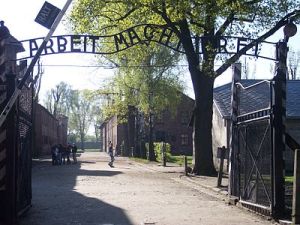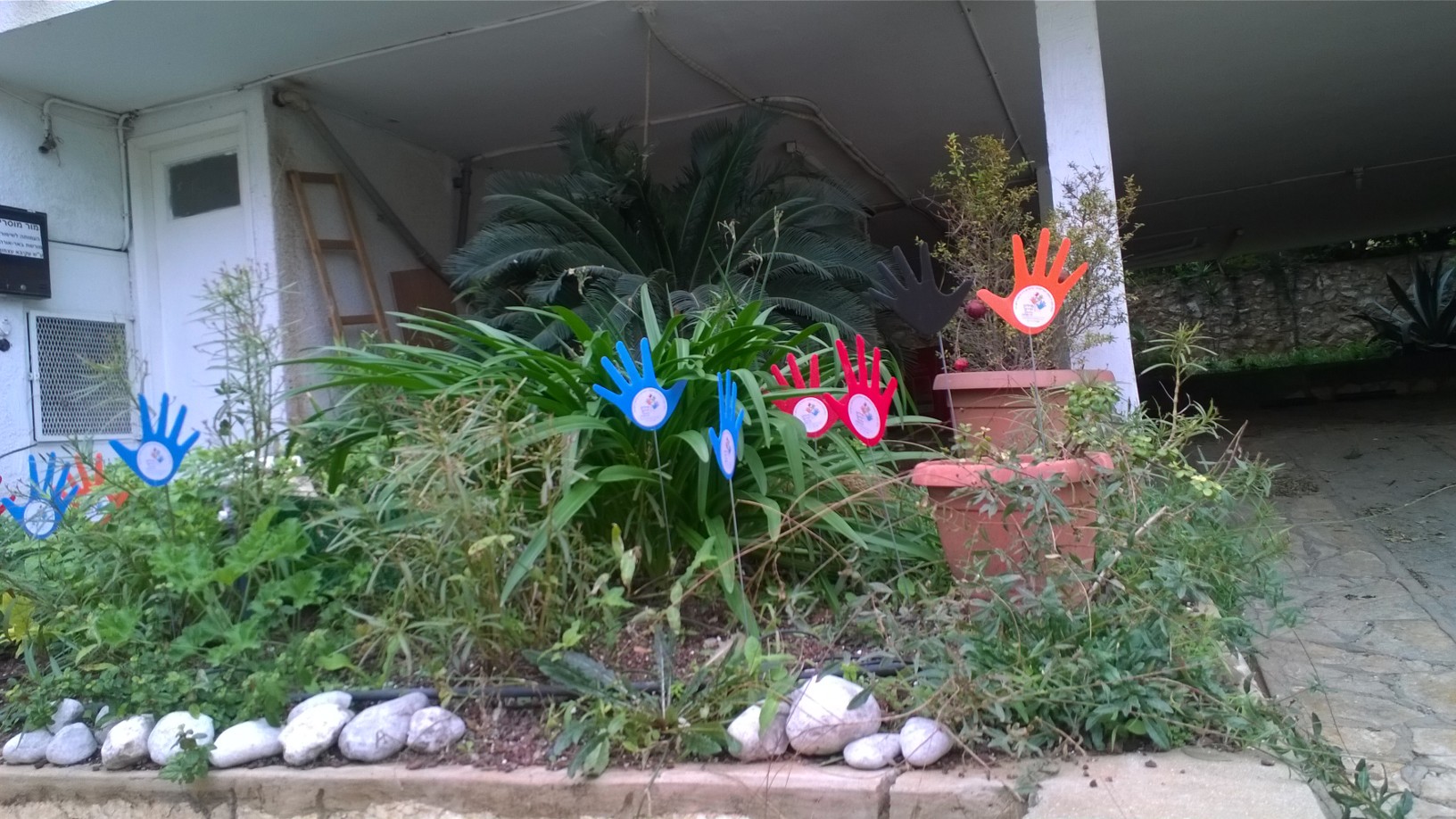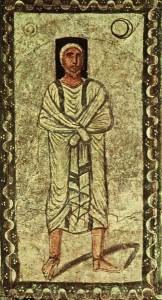
You know, Chamoodim*, Safta** didn’t always stay home and bake cookies and play Uno with you. Long ago I was a super woman with a cape and a torch and work to be done and wars to win. Eshet Lapidot-(Torch Woman) was my hashtag. God provided the spark. Baby on my hip and one on my lap. I Listened and judged while the babes (your moms) nursed and napped. Under the palm tree day after day, this one told me his tzores and that one complained of his neighbors. The Rabbis thought I sat under that palm tree outside because it was proper and more appropriate, but the truth was it was hard enough keeping the house tidy with my crazy working hours and an active family and I didn’t want everybody traipsing in with their dirty, dusty feet. I got good at the judging gig and the people listened to me and trusted me and my reputation grew.



